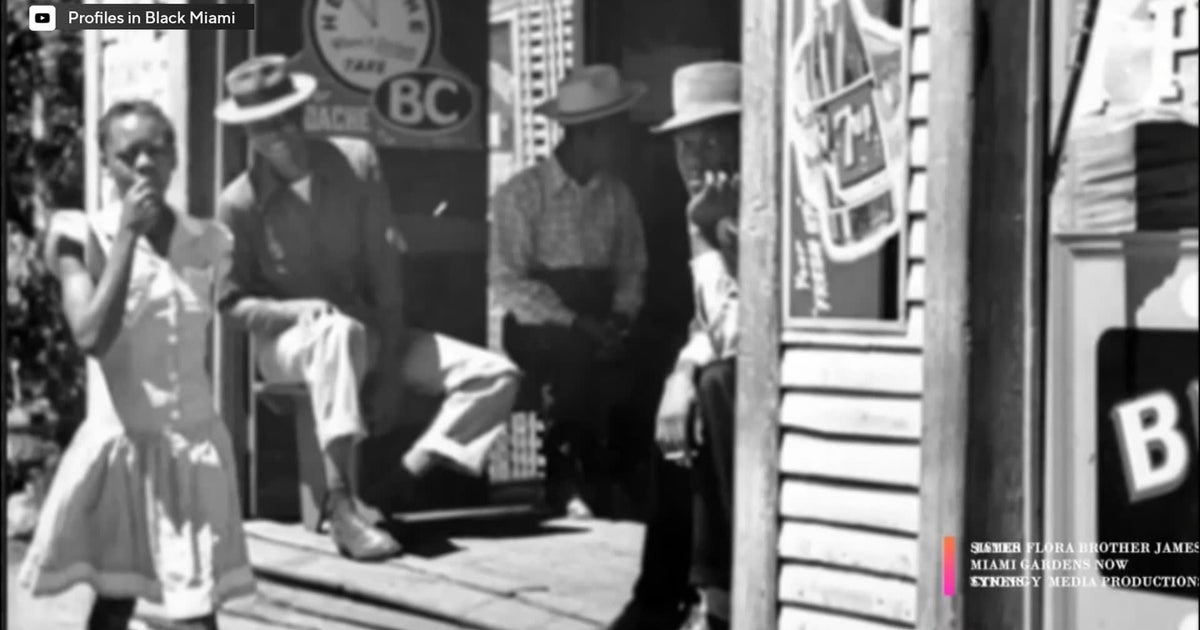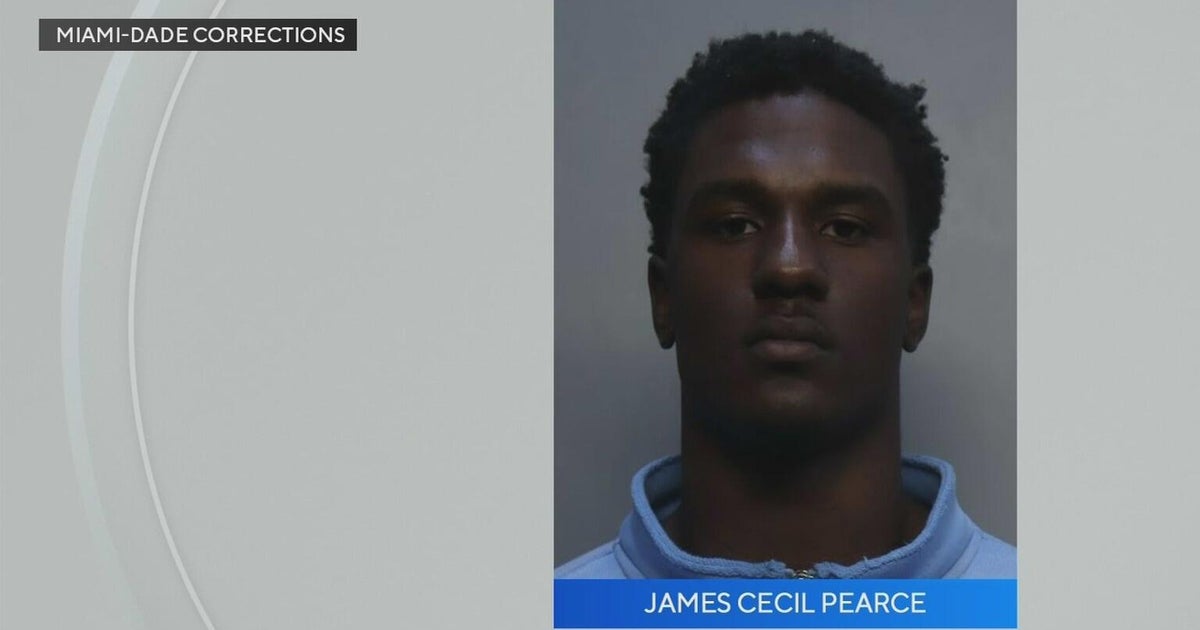MIAMI – Black History in Miami is rich with untold tales.
Finding and telling them is challenging and rewarding. Just ask Christine Malcolm, one of the founders of the Profiles in Black Miami project.
“What we are doing is educating the community. We are educating ourselves,” Malcolm said.
Malcolm, a former master control operator at CBS Miami, started the project with two current CBS Miami employees; Keith Moore, who works in the technical operations center, and AnnMarie Henry who is a floor director.
The team is the driving force behind the nonprofit which produces a website packed with, until now, little-known Miami history. Away from work, they research, make contacts, dig up pictures and develop sources. The information then makes its way to multiple social media platforms.
Miami’s Black history explored
The whole idea of Profiles of Back Miami started with Moore. The Coconut Grove native was always inspired to research the area because of the stories that he heard from his grandparents, Bahamian pioneers who filled him with stories of historic Coconut Grove.
“We are complete students of history, we are not experts and when we got together and started researching we had no idea, we wondered where was this going to go,” Moore said.
One way it went was the: production of more than 30 documentaries that are available on YouTube, Facebook and Instagram. Encouraged by historians and community leaders, the group also speaks to civic groups.
They produced their first video in 2019. It was a 30 minute profile of Mariah Brown, Alexander C. Lightbourne and Dana Albert Dorsey.
Brown was the first Black homeowner in Coconut Grove. Lightbourne, a Bahamian native who migrated to the United States in 1866, was noted as giving the most important speech in July 1896 when the City of Miami was incorporated. Dorsey was the first Black millionaire in Miami and was once the owner of the area that became the exclusive Fisher Island.
The group’s work has been applauded by many in the community, including the late historian and preservationist Dr. Enid Curtis-Pinkney. When their research led to the discovery of Lightbourne’s great-great granddaughter Allison Lightbourne Jones, Curtis-Pinkney was elated. She and Henry worked together to get the City of Miami to issue a proclamation recognizing Lightbourne’s accomplishments in 2020.
The group’s work has also been noticed by others in the online community.
“I have seen websites actually start to replay some of the things that we have on our page. Now they are putting it out there,” Malcolm said.
Black community stories were traditionally ignored back in the day.
“There was this intentional act of not giving, mentioning anything positive that was going on in the Black community in the newspapers of that time,” Henry said.
She said it sometimes takes reading between the lines to dig out stories.
Henry writes and voices the documentaries. She, Moore and Malcolm work together on street renaming events.
“The feedback on the street naming is amazing,” Henry said.
With the help from the city, the trio has been able to have several Miami streets renamed for Miami’s Black pioneers and those who showed compassion and understanding for the Black community.
AnnMarie Henry contributed to this article.




